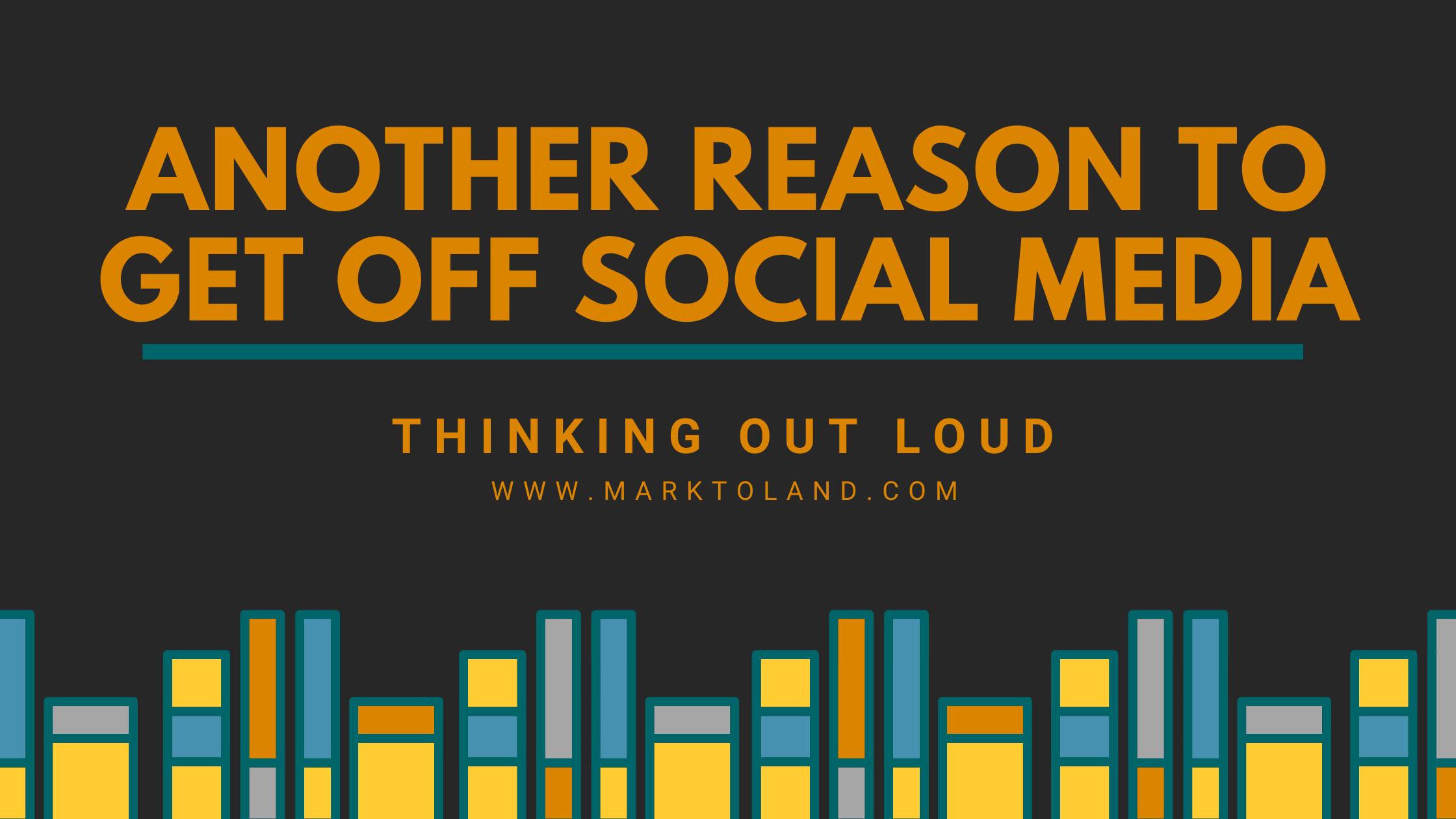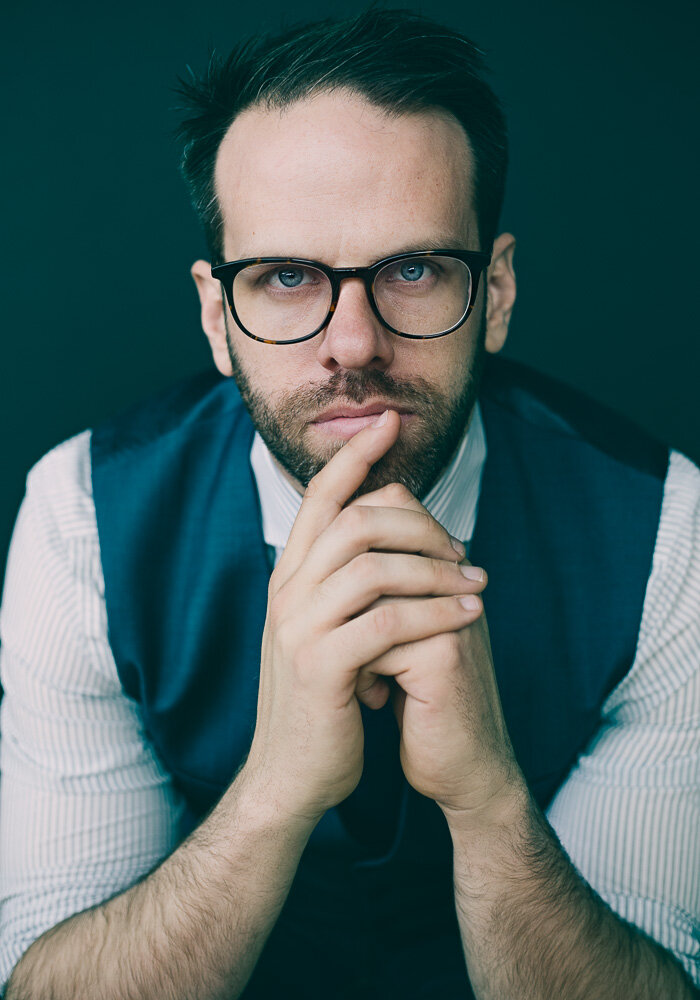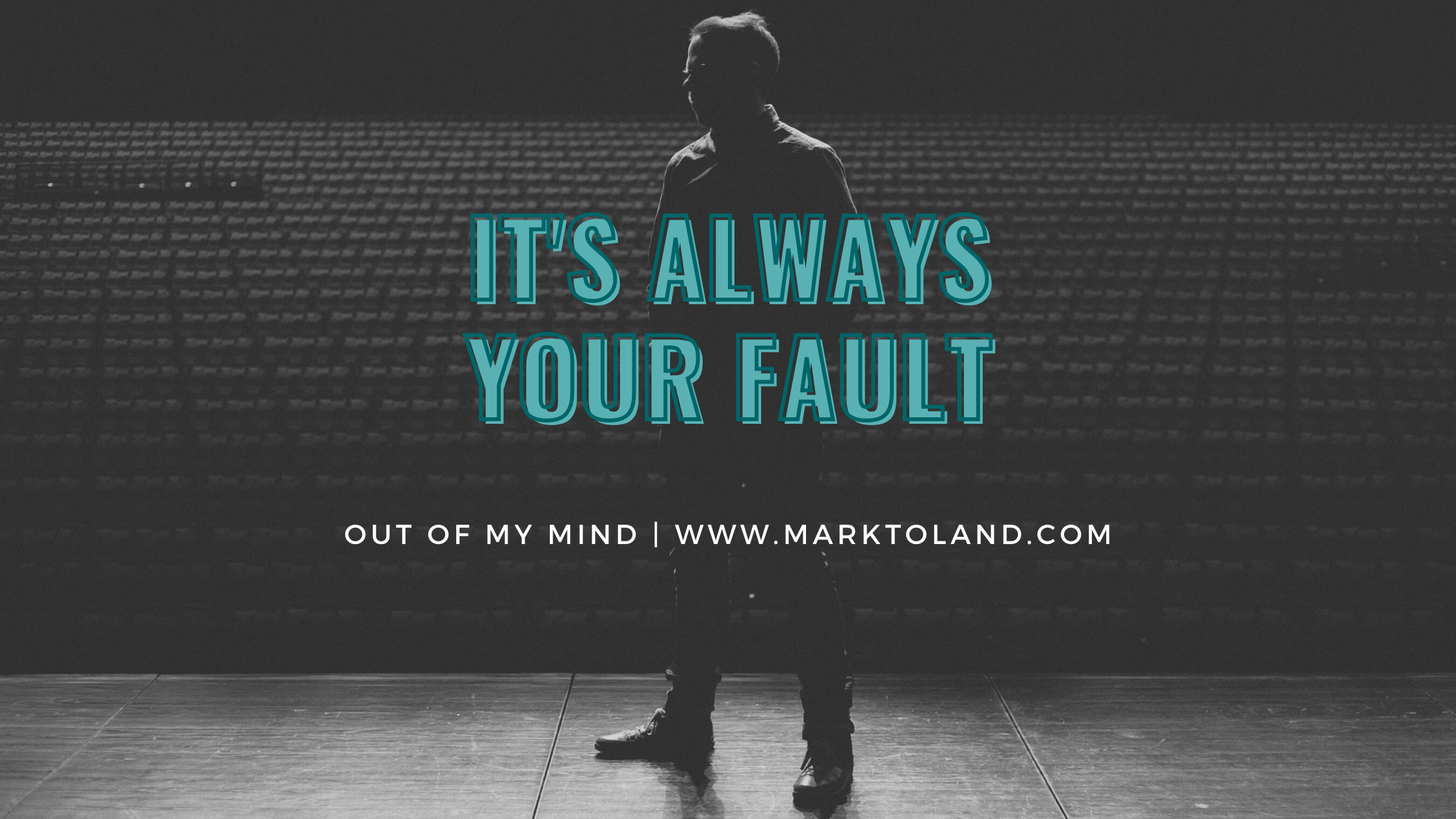Several years ago I took two flights to travel to a college show down south. Fortunately we were traveling the night before, because everything that could go wrong went wrong.
Our flights were delayed, our luggage was lost, our rental car wasn’t available on time, and our hotel room wasn’t ready when we finally arrived. Luckily, the next morning our luggage had been delivered to the hotel and we headed to the campus ready to make up for a string of disasters by putting on a great show.
When we arrived at the campus the students excitedly met us and walked us into a large auditorium. It was a massive space with state-of-the-art lights, sounds, and multimedia capabilities. I gazed enthusiastically around the room.
“How many students do you think you’ll have tonight?” I asked.
“Oh, this will be full,” they replied, gesturing to the thousands of empty seats.
I was pumped. It can be really exhausting to fly halfway across the country, deal with the hassles of travel, and summon the energy to do a show — but when a client holds up their end of the bargain and puts on a great event it makes all of the inconveniences worth putting up with.
So, I set up for the show, went backstage, and eagerly waited to begin.
At 10 minutes before showtime I got a text from my wife: “There are only 30 people here.”
I peeked out of the curtain to see a handful of people seated throughout the auditorium, with hundreds of empty seats in-between. The client had greatly overestimated how many people would be in attendance that evening and I ended up doing the show for a small, apathetic group in that massive space. It was such a disappointment.
Since that show we have a running gag about these sorts of shows. It goes something like this:
When you arrive at a campus to do a show the client greets you and says, “I have good news and I have bad news.”
“Okay, give me the good news…” you respond.
“Well we were able to book you in the largest, fanciest, nicest auditorium on campus!”
“Wow, that’s awesome! What’s the bad news?”
“Well, we’re only going to have about 10 students at the show tonight.”
It’s funny because it happens several times a year. Sure, there are some really enjoyable college shows but most of them end up being a poor turnout or a bunch of uninterested kids on their phones.
It happened again this month. A school had me come to their campus at the last minute, instead of doing a virtual show. So I made the long trip to their campus ready to amaze a roomful of students and give them a bright spot in an otherwise miserable year.
However, right as we were walking into the venue the client warned me in an all-too-familiar tone, “Just so you know, we’ve been having very low turnout for all of our events this semester.”
“What do you mean low turnout - like two students?” I said, making a joke.
“Exactly,” she replied, “But at least you still get paid!”
I sighed heavily.
I’d literally only slept 2 hours the night before. I’d been around several hundred people at the airport — in the midst of a global pandemic — so I could give a good show. Plus, I just recently learned that I have a herniated disc in my lower back that may require surgery. It makes standing for long periods of time (read: doing a show) unbearable and traveling quite uncomfortable, too. But, I had mentally pushed all of that aside to make the trip to their campus and give them an entertaining performance.
So you can see why I didn’t feel great about taking a trip somewhere to earn a paycheck for a lame show. I risked my health in multiple ways and left my family behind in Chicago, all for…nothing. When a client doesn’t hold up their end of the bargain it feels disrespectful to the amount of time and effort I’ve put into the event for them.
Let me be clear: I’m not going to stop performing at colleges any time soon. I still enjoy it and they make up a decent part of my income each year. However, I wish many colleges would understand the effort I put in to travel to their campus to do a show and reward that effort with a good event. I’m not just appearing on their campus, doing a show, then vanishing into the night. I’m often journeying long distances by plane or car on little to no sleep, not to mention dealing with the constant annoyances of travel along the way.
When I was in school I thought that performing at campuses was going to be the coolest thing I could do. I would attend shows at my campus and they would be packed, so I just sort of figured that all schools would have a similar turnout at their events, too.
Unfortunately something happened between when I was in school and when I’m performing shows at schools now. I think it must be social media and smart phones. (Read The Coddling of the American Mind for a look at the shift on campuses and what it’s doing to students.) Students don’t attend shows like they used to, unless they’re bribed to be there to win some money or prizes. The people who go to a show for the sake of entertainment seem to be a dying breed. And, if you can get students to come out to shows they’re too scared to fully laugh or have fun like they used to. Forget being able to take risks or do edgy material; the majority of students aren’t into that so if you’re smart you just do a middle-of-the-road show, take your paycheck, and move on. (Jerry Seinfeld is one of many performers who won’t perform at colleges any more.)
I’m not in this for the money. I’m thrilled to make a living doing this but I’m more interested with being onstage and connecting with a roomful of strangers. The biggest joy is to be able to spend an entire day traveling to a new location and use my last remaining ounce of energy to give people an experience they’ll never forget. But I don’t want to waste my skills on an empty room. I want to make it worth your money, but you’re going to have to make it worth my time.
RELATED POSTS
About Mark Toland
Mark Toland is an award-winning mind reader and two-time TEDx Speaker. His mind blowing skills have been featured on NBC, ABC, FOX, CBS, NPR, WGN, Sirius XM, and more. Mark’s blog is a behind-the-scenes look at the life of a professional entertainer, full of creative thoughts for creative people. Sign up below so you’ll never miss a post.














